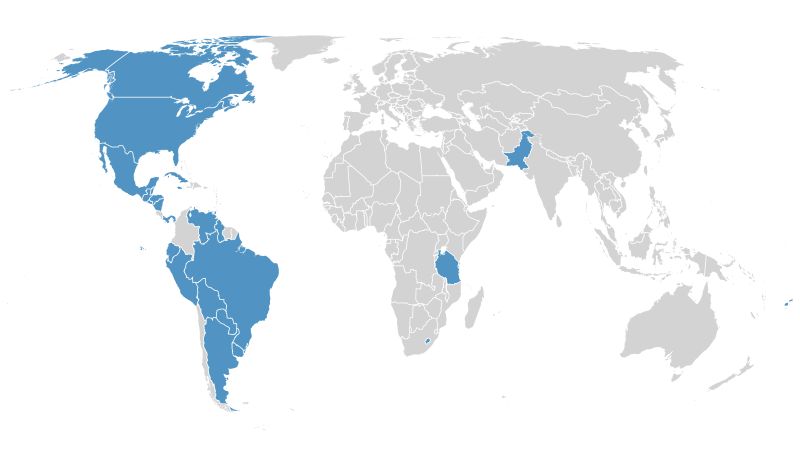
What to know about Trump’s birthright citizenship order, in charts and maps
CNN
President Trump is seeking to end birthright citizenship in the United States. What is it, which other countries apply the policy and who would be affected by the order?
President Donald Trump is seeking to end birthright citizenship in the US, a nearly 160-year-old practice guaranteed by the 14th Amendment of the Constitution, which grants citizenship to anyone born on American soil. But realizing this controversial order will be challenging as it is already facing major legal hurdles. The US is among dozens of countries, mostly in the Americas, that grant unconditional birthright citizenship to anyone born in its territory under a legal principle known as jus soli, Latin for “right of the soil.” Some other countries grant birthright citizenship with conditions. Spain, for example, requires at least one of the parents to also be born in the country. And Chile does not give citizenship to children born to foreigners who are staying temporarily. The Trump administration’s argument for ending birthright citizenship relies on the clause “subject to the jurisdiction thereof” in the Constitution’s statement. The administration claims that children born to undocumented immigrants, or to foreigners who are in the US legally but on temporary visas, are not “subject to the jurisdiction” of the US and therefore not citizens. So far, Trump’s order has been met with legal pushback.













